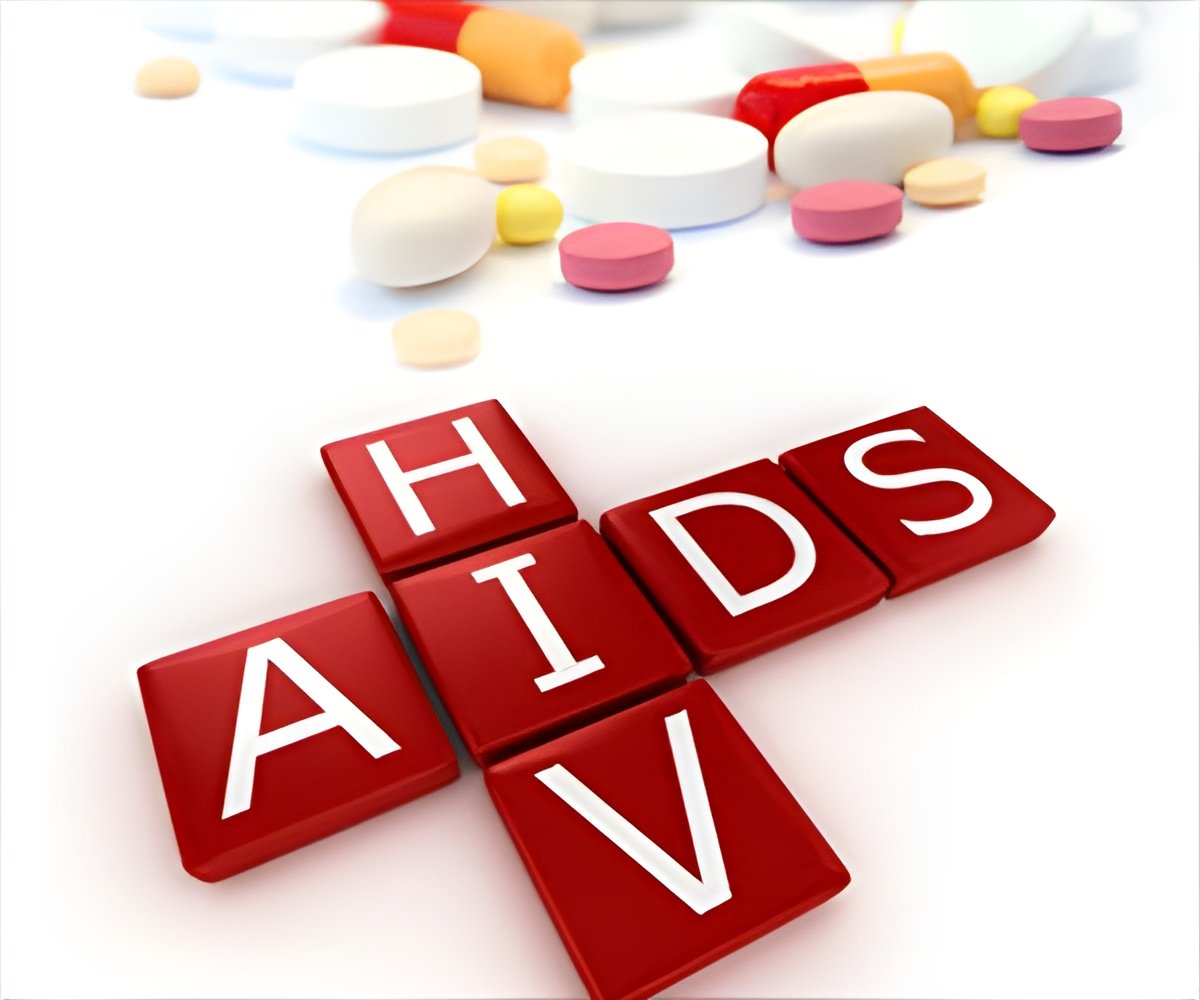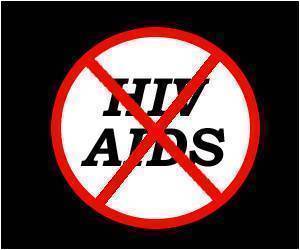The HIV-positive partner should be using antiretroviral therapy for at least six months before the couple engages in condomless sex to reduce the risk of HIV.

TOP INSIGHT
Clinicians need to be clear that even though the overall risk for HIV transmission may be small, the risk is not zero and the actual number is not known, especially for higher-risk groups such as MSM (men who have sex with men).
Ten of these cases involved gay men. Researchers said eight of the newly HIV-positive partners admitted to having had unprotected sex outside the relationship. In no cases could the person's HIV infection be molecularly matched to the partner's, giving researchers an in-couple transmission rate of zero. However, they cautioned, more follow-up is needed.
"Although these results cannot directly provide an answer to the question of whether it is safe for serodifferent couples to practice condomless sex, this study provides informative data (especially for heterosexuals) for couples to base their personal acceptability of risk on," said the study, led by Alison Rodger of University College London.
An accompanying editorial in JAMA by Eric Daar and Katya Corado of the Harbor-UCLA Medical Center, warned that couples should not take the study to mean that their risk of transmission is zero.
"For individuals who want to routinely or intermittently not use condoms with an HIV-infected partner, clinicians can indicate that the risk of HIV transmission appears small in the setting of continued viral suppression," they wrote. The HIV-positive partner should be using antiretrovirals for at least six months before the couple engages in condomless sex, they said.
"Moreover, clinicians need to be clear that even though the overall risk for HIV transmission may be small, the risk is not zero and the actual number is not known, especially for higher-risk groups such as MSM (men who have sex with men).
They added that "more research is needed with larger numbers of couples and longer follow-up." The condomless sex occurred during periods when the HIV-positive partner had HIV-1 RNA load less than 200 copies/milliliter, said the study. The research was carried out at 75 clinical sites in 14 European countries from 2010 to 2014.
Source-AFP
 MEDINDIA
MEDINDIA



 Email
Email









